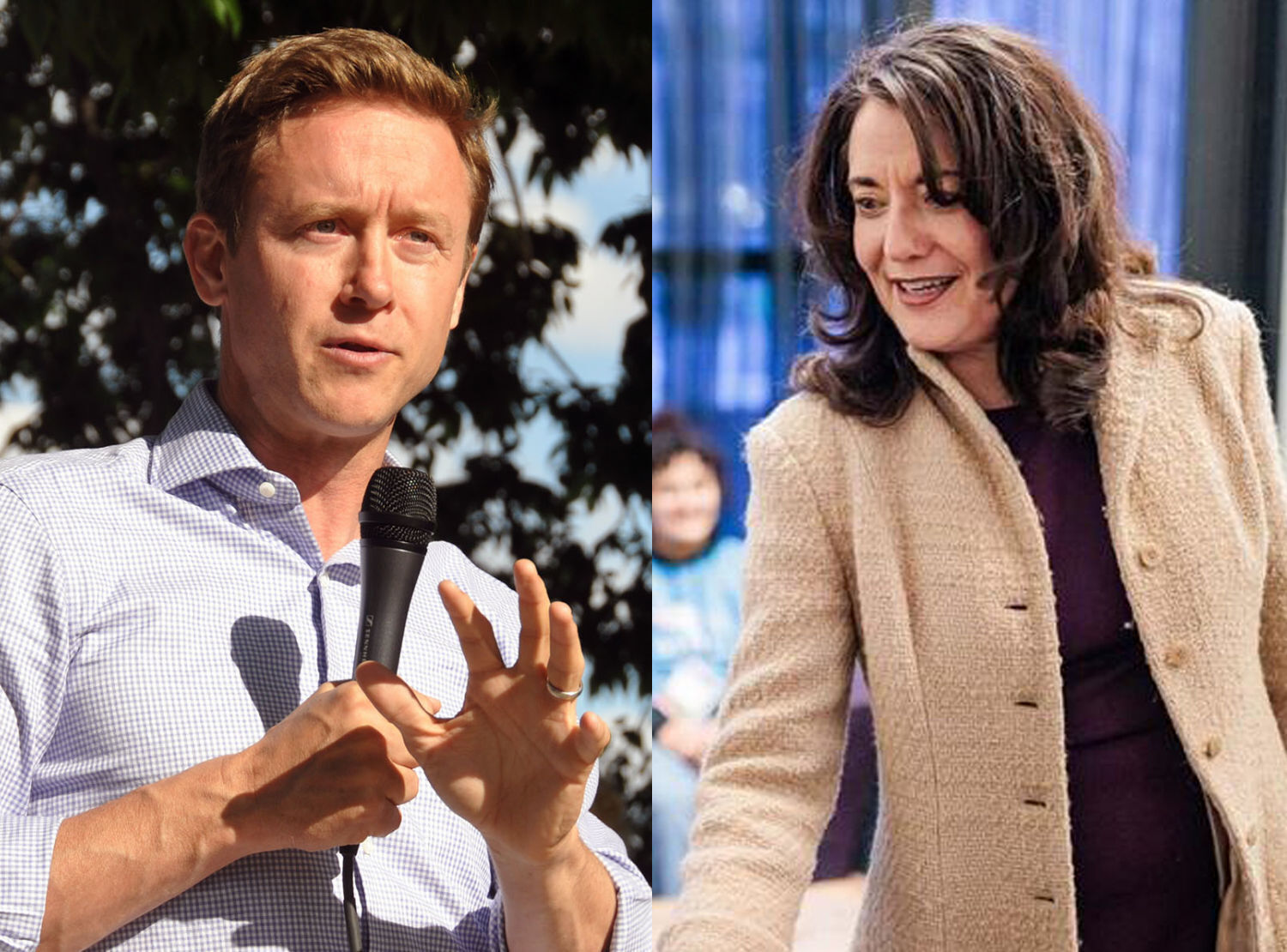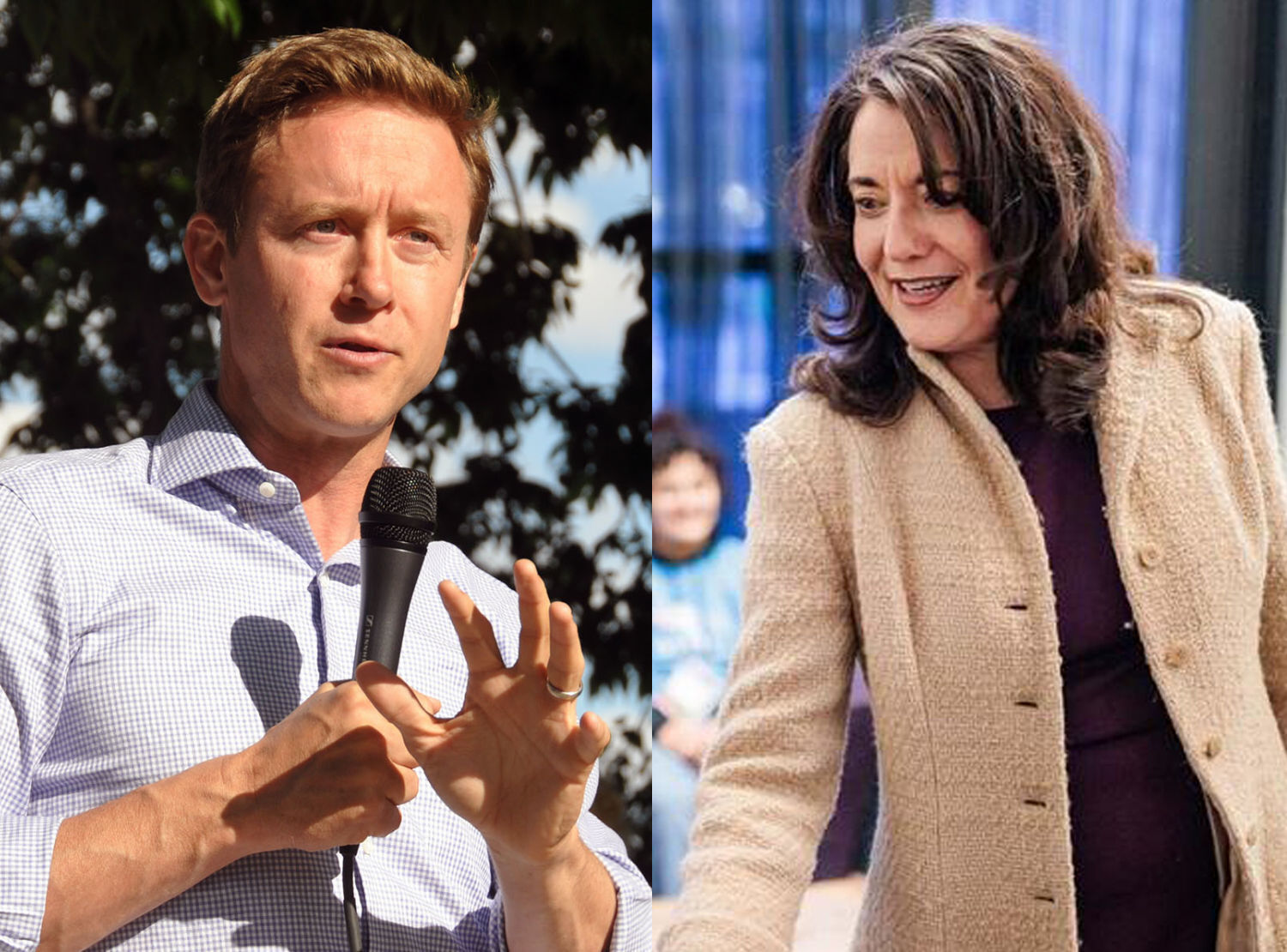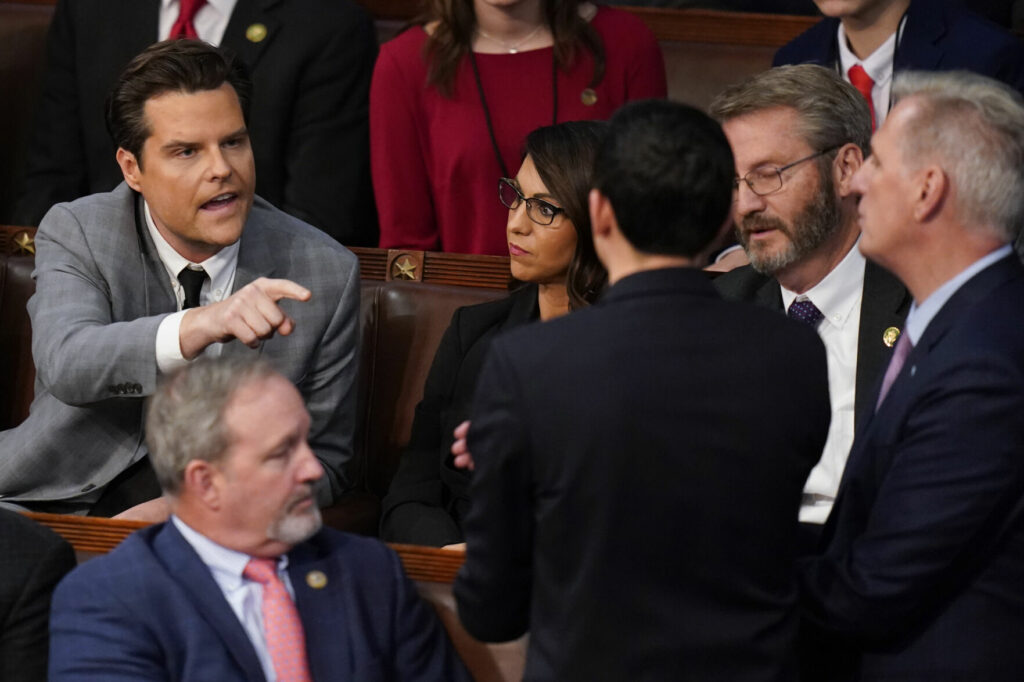Denver mayor’s race shows high voter turnout trend; election officials expect quicker count

More than 100,000 voters have so far returned their mail ballots, confirming the high interest in the race for Denver’s next mayor between Kelly Brough and Mike Johnston.
That represents almost 23% of about 447,000 registered voters.
For a more comparable data set, as of June 2, about 72,000 ballots have been returned, considerably higher compared to the Friday before the April 4 election, when election officials received about 62,500.
“We got solid returns over the weekend,” Lucille Wenegieme, the strategic advisor for Denver’s Office of the Clerk and Recorder, told The Denver Gazette.
Election officials also anticipate the count to be quicker than the April 4 elections.
“We will almost definitely not be done on Tuesday, but it is very unlikely we’ll extend to Friday,” Wenegieme said, not factoring in overseas ballots and those that might need curing.
“It’s a single card ballot with no write-ins, but it depends on what we get today and tomorrow,” she added.
Democrats are slightly ahead in performance, having returned about 28% of their ballots, compared to 26% for Republicans, according to election data.
Unaffiliated voters have returned slightly more than 18% of their ballots.
Most of the ballots that election officials have returned came from voters 65 years or older (41,134), followed by the 35-44 age range (17,133) and the 55-64 population (17,073).
Fewer than 3,500 voters under 24 have returned their ballots.
In the April 4 election, voters between 25 and 44 outperformed their peers on the day of the election, presumably giving more progressive candidates such as Lisa Calderon a big boost. Calderon ended up in 3rd place in the mayor’s race following a big rally in the last few days of counting.
Assuming the voters split along ideological lines, the prevailing sentiment is a younger voting bloc will give Johnston the advantage.
Mike Kopp, a former Senate minority leader, earlier said he, too, senses that Johnston is doing better among progressive voters. But he added that might have less of a sway if more older voters turned out to vote than younger ones.
“First of all, most of the voters in the general election were older, not younger. I would think that would incline more toward Kelly’s benefit, if the view is that Mike is doing better with progressives,” Kopp said.
Kopp also noted that the Democratic Socialists of America slate of council candidates “really got brushed back.”
“You had a couple that worked through on the at-large races. But (Candi) CdeBaca didn’t win outright and some of the other DSA candidates that were were strong, effective candidates – well-funded, certainly – didn’t make it,” Kopp said.
“That’s why I do think it’s going to wind up being sort of a horse race all the way to the end,” he added.
At stake in the Tuesday runoff election is the mayor’s seat, plus several council positions – in District 7, where Flor Alvidrez found herself the lone candidate after Nick Campion dropped out; in District 8, where Brad Revare faces Shontel Lewis; in District 9, where Candi CdeBaca squares off with Darrell Watson; and, in District 10, where Chris Hinds seeks to defeat challenger Shannon Hoffman.
This year’s election is particularly consequential, as Denver residents are picking a new mayor for the first time in 12 years after Mayor Michael Hancock was term limited. The city faces gargantuan problems, notably a persistent and growing homelessness crisis and the perception of high crime, but also opportunities, in particular the chance to enhance the region’s reputation as a tech hub.













